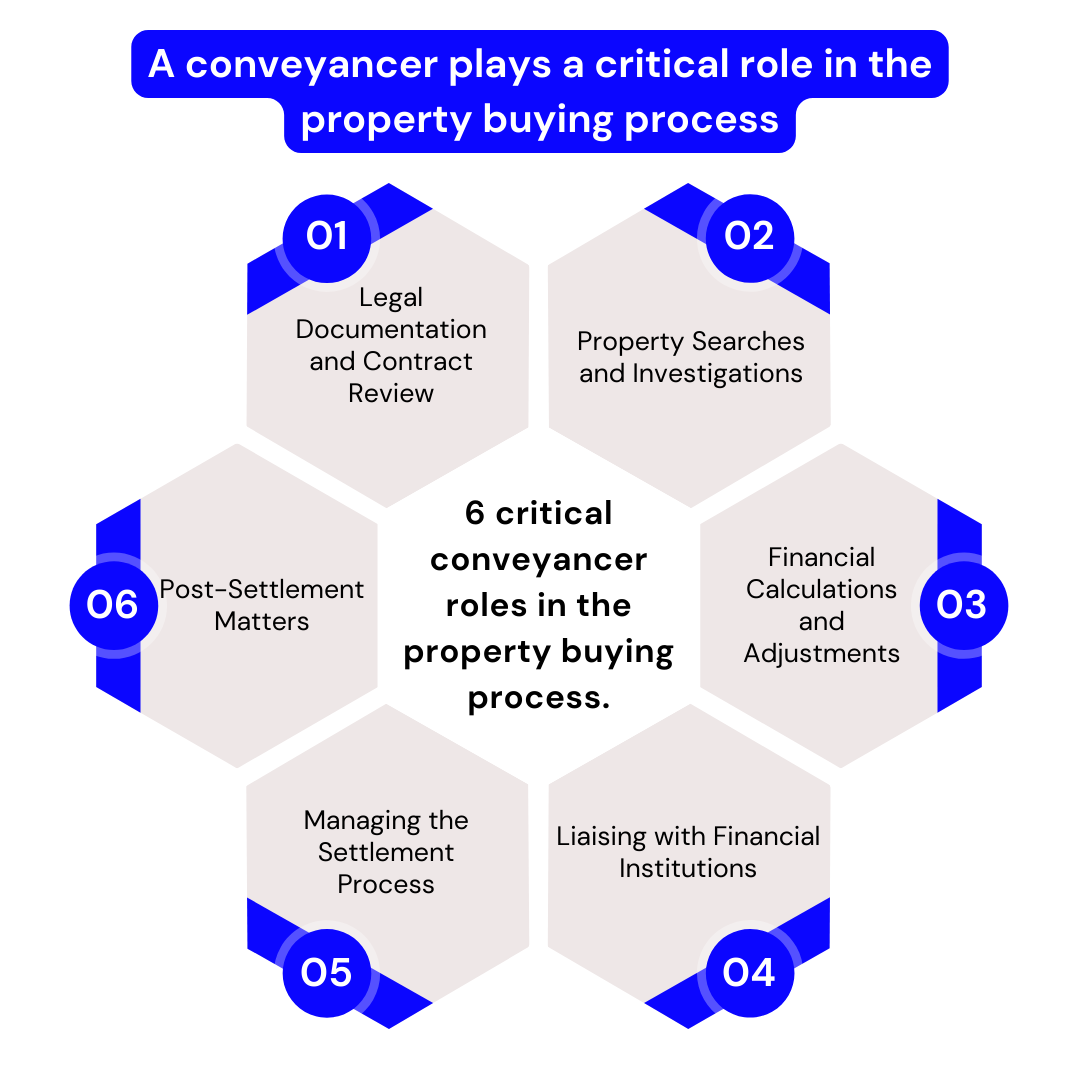Demystifying your first property investment purchase

Navigating the Property Market with Confidence
Venturing into the world of property investment can be an exciting yet daunting prospect. It's a decision that will undoubtedly reshape your financial landscape, but before you take the plunge, there are crucial aspects to consider. By understanding the upfront costs, securing appropriate financing, and seeking professional guidance, you can navigate the property market with confidence and make informed choices for your investment journey.
Understanding the Initial Costs and Associated Fees
Before embarking on your property search, it's essential to grasp the initial costs involved in acquiring a property. These include:
Initial Deposit: Lenders typically require a deposit of 10 to 20 percent of the property's purchase price. For instance, if you're eyeing a $500,000 property, you'll need to have between $50,000 to $100,000 saved up.
Government Taxes: These include stamp duty, imposed by state governments on property purchases, and Lenders Mortgage Insurance (LMI), which protects the lender against the risk of you defaulting on your loan.
Legal Fees: These cover the costs of a solicitor reviewing your contracts and processing the sale on your behalf.
Before you buy a property
Securing a Loan: Demonstrating Creditworthiness and Financial Preparedness
To finance the remaining 80 to 90 percent of the property's purchase price, you'll need to secure a loan. Your creditworthiness plays a significant role in this process. Lenders will assess factors such as your credit score, financial record, income, and employment history to determine your eligibility and borrowing capacity.
Consulting a Lender: Seeking Expert Guidance and Pre-Approval
Before delving into the property search, it's crucial to consult a mortgage broker or lender. They can assess your financial situation, provide pre-approval for a loan, and educate you about the different loan options available. This pre-approval will strengthen your position when making offers on properties.
Navigating the Property Market: Research and Professional Assistance With your finances in order, it's time to start your property search. Research potential locations, considering factors like proximity to amenities, transportation, and employment opportunities. Engage a real estate agent to assist you in finding properties that align with your investment goals and budget.
Evaluating Property Types and Conditions:
Carefully assess the type of property (house, apartment) that suits your investment objectives. Older properties may offer lower upfront costs but may require higher maintenance. Newer properties often have better cash flow and government incentives. Consider the property's condition and obtain a professional inspection to identify any potential issues.
Making Informed Offers
Once you've found the right property, approach negotiations with a business mindset, considering your financial limitations and the property's market value. Don't get emotional; aim for a low but realistic first offer and be prepared to negotiate.
Protecting Yourself with Inspections
Never make an offer without a building and pest inspection. These in-depth inspections will uncover hidden defects or potential repair costs, allowing you to make informed decisions and negotiate with the seller.
Preparing for Tenancy
After securing the property, make any necessary cosmetic improvements to enhance its appeal to tenants. Consider hiring a reputable property manager to screen tenants, manage the property on a day-to-day basis, and handle tenant-related issues.
Building a Recession-Proof Property Portfolio: A Rinse and Repeat Strategy
Buying your first investment property is a significant step towards financial freedom. To maximize your returns and build a recession-proof portfolio, consider a rinse and repeat strategy:
Buy your first property the right way. Follow the steps outlined in this blog post to find the right property and make a sound investment.
Hold the property for 12 to 18 months. This allows the property to deliver capital growth, increasing its value.
Tap into your equity. Use the equity in your first property as a deposit for your second and third properties.
Repeat steps one through three. Continue buying and holding properties, creating a portfolio that generates passive income.
By following this strategy, you can build a wealth-building property portfolio that will provide financial security and long-term returns.
Additional Tips for Success:
Avoid emotional decision-making. Approach property investment with a business mindset, focusing on long-term goals and financial objectives.
Seek professional guidance. Engage a property expert or buyer's agent to provide valuable insights, negotiation strategies, and expert advice.
Conduct thorough research. Research potential locations, property types, and market trends before making any decisions.
Planning for Ongoing Expenses and Maintenance Costs
Owning an investment property comes with ongoing expenses and maintenance costs that need to be factored into your financial plan. These include:
Mortgage Payments: You'll have monthly mortgage payments to make, which will cover the principal and interest of your loan.
Property Taxes: You'll be responsible for paying property taxes to the local government. The exact amount varies depending on the property value and location.
Council Rates: These cover the costs of local government services, such as garbage collection, street maintenance, and parks.
Body Corporate Fees: If you're buying an apartment or townhouse in a strata-titled complex, you'll need to pay body corporate fees to cover the upkeep of common areas and facilities.
Insurance: It's essential to have adequate insurance for your property to protect against damage caused by events such as fire, flood, or storm.
Maintenance Costs: There will be ongoing maintenance costs associated with your property, such as repairs, renovations, and gardening.
Vacancy Costs: If your property is vacant for any period, you'll lose rental income and may still have to cover mortgage payments and other expenses.
Emergency Fund: It's a good idea to have an emergency fund set aside to cover unexpected expenses, such as major repairs or tenant issues.
Regular Reviews: Regularly review your property's financial performance, including rental income, expenses, and capital growth, to ensure it aligns with your investment goals.
Seek Expert Advice: Don't hesitate to seek advice from a property manager, accountant, or financial advisor to help you manage the ongoing costs and financial aspects of your investment property.
Conclusion: Embarking on Your Property Investment Journey
Investing in property can be a rewarding and financially beneficial decision, but it's essential to approach it with careful planning, informed decision-making, and a long-term perspective. By understanding the upfront costs, securing appropriate financing, seeking professional guidance, and managing ongoing expenses effectively, you can embark on your property investment journey with confidence and pave the way towards a successful and prosperous future.




